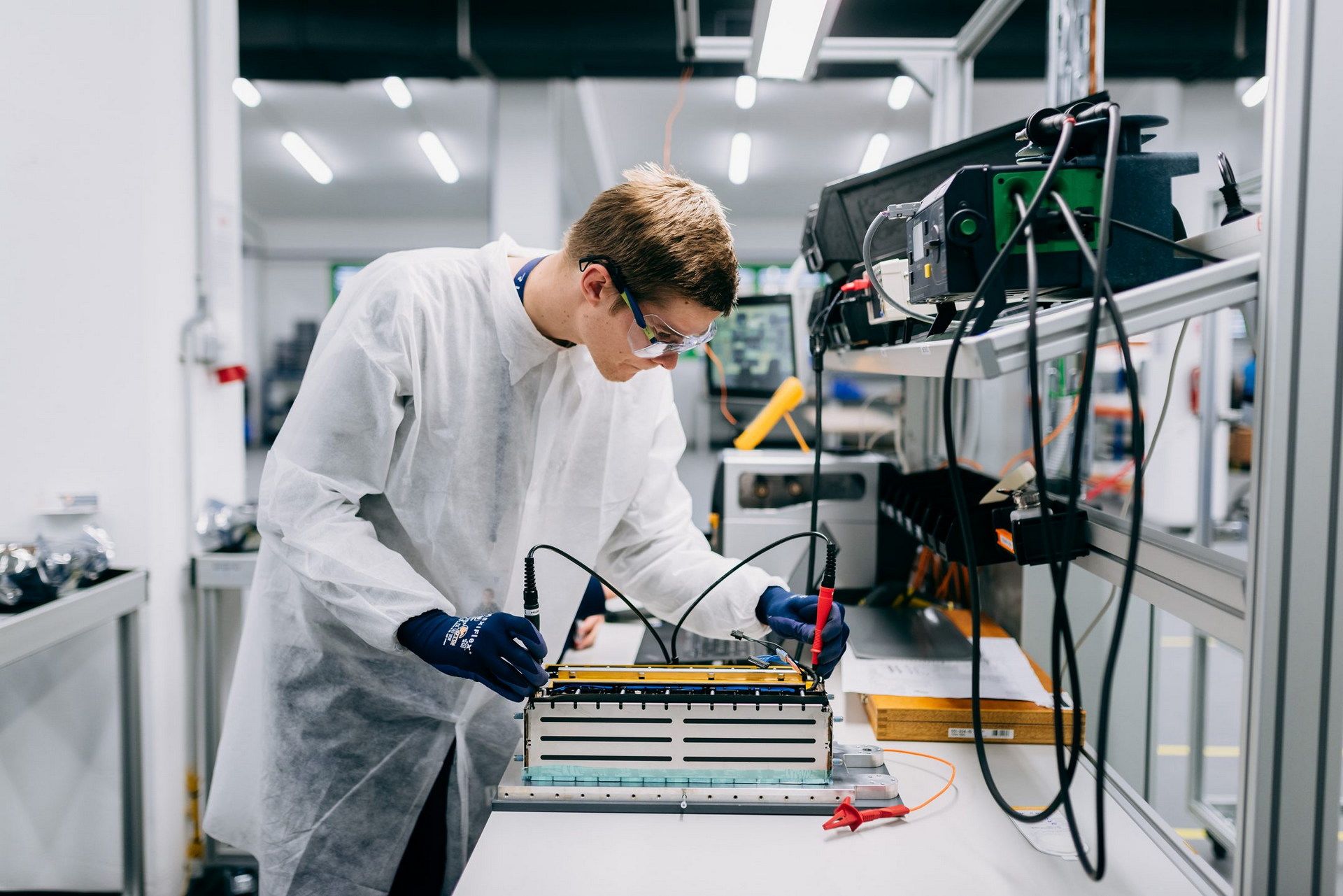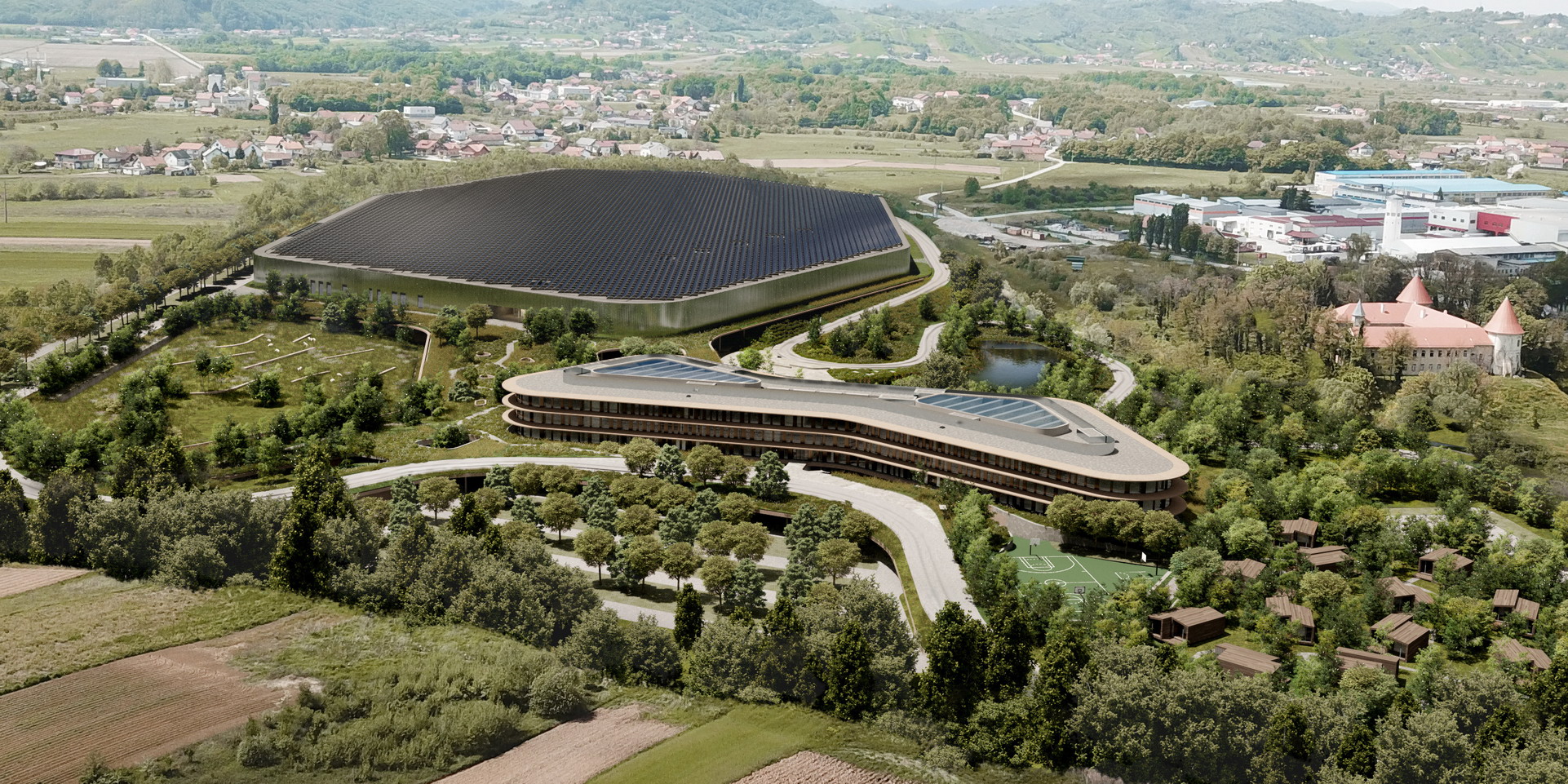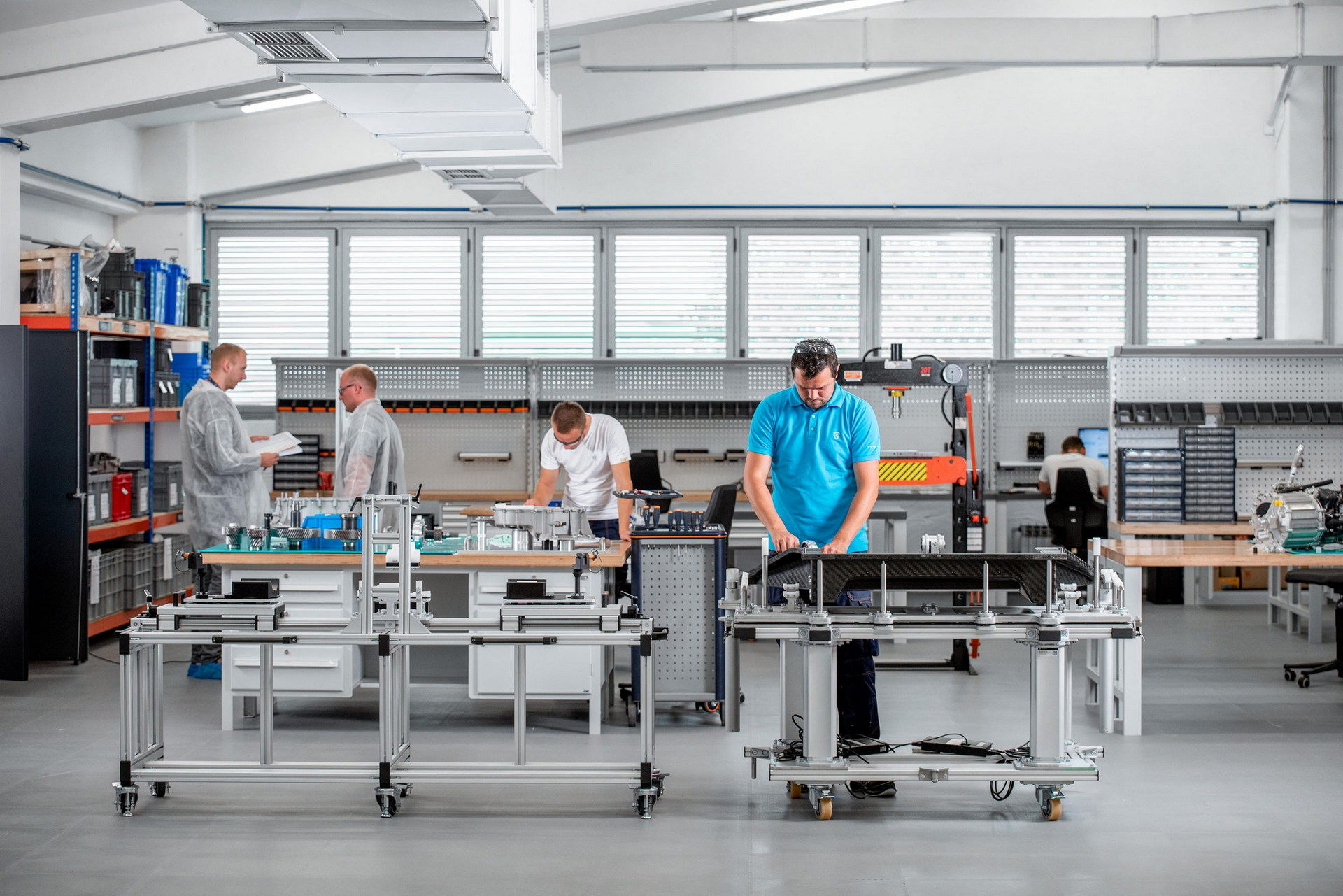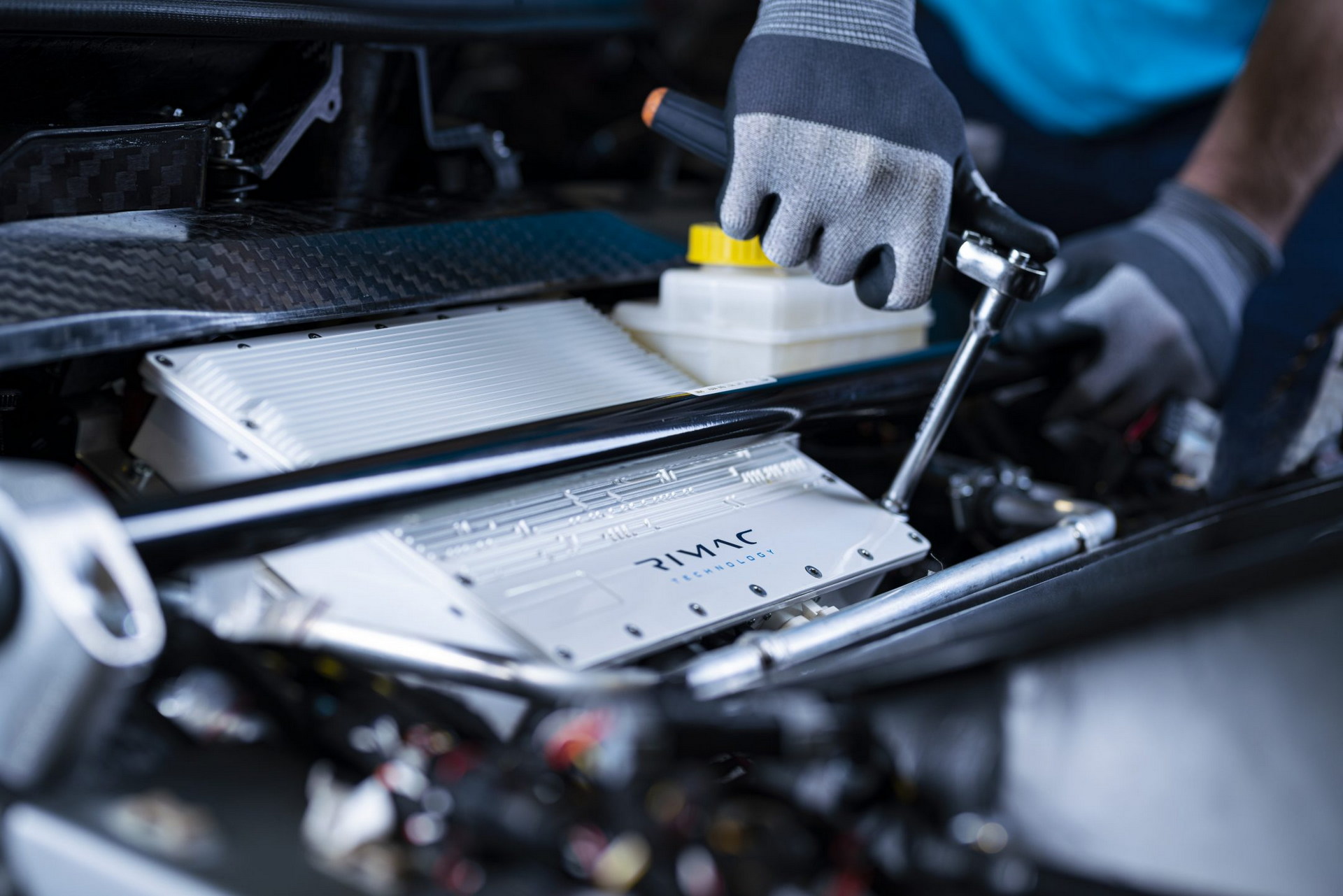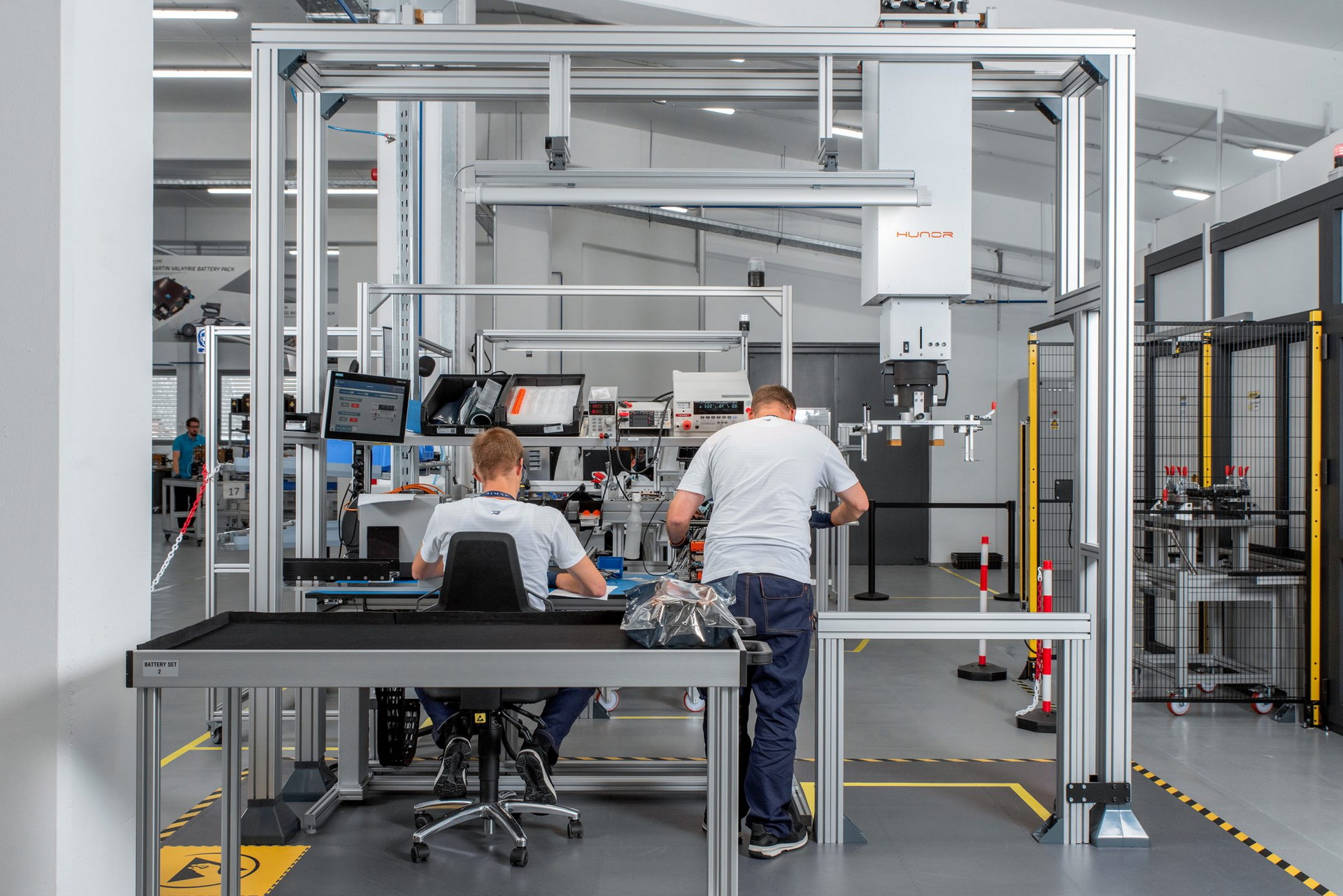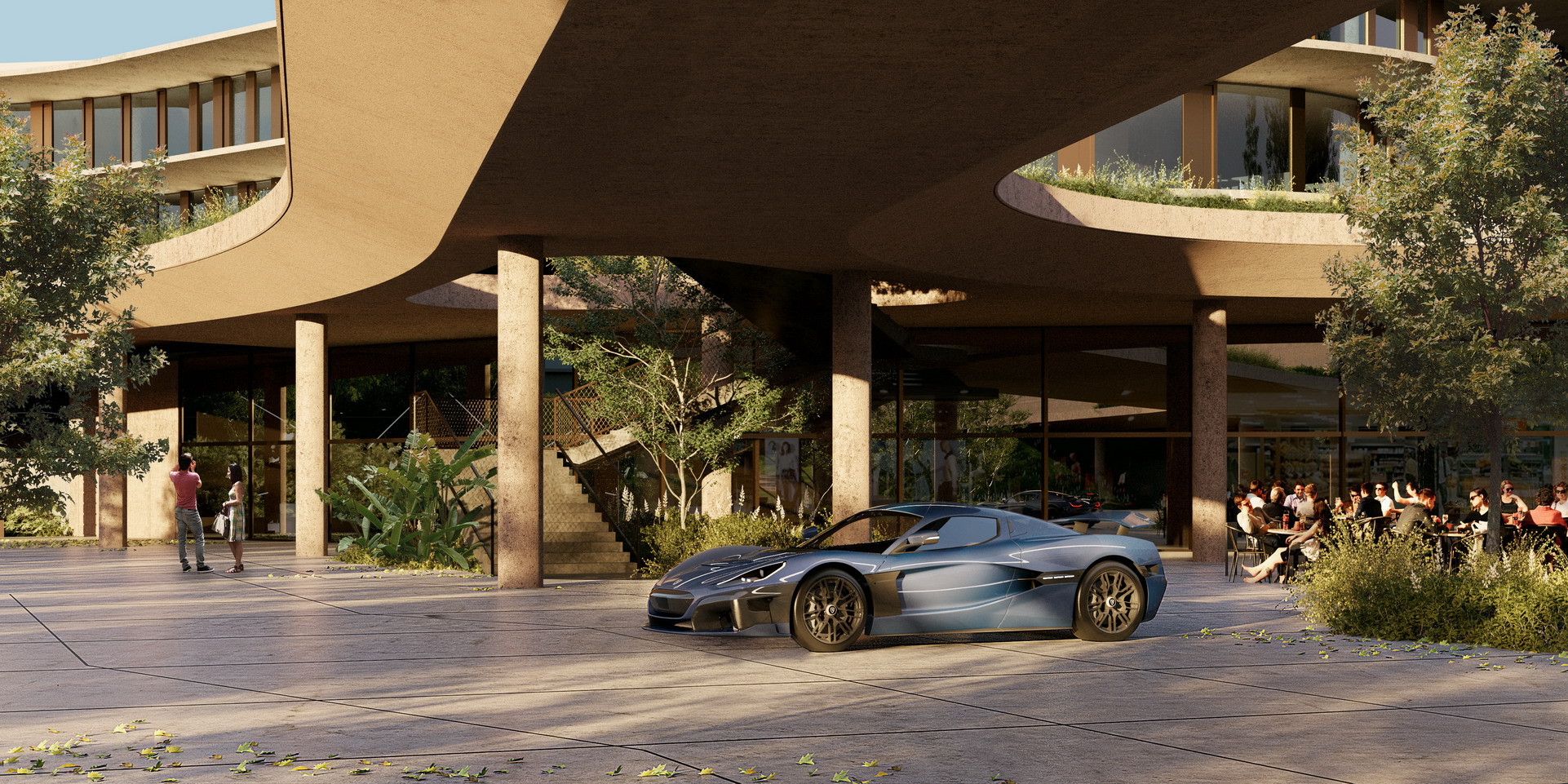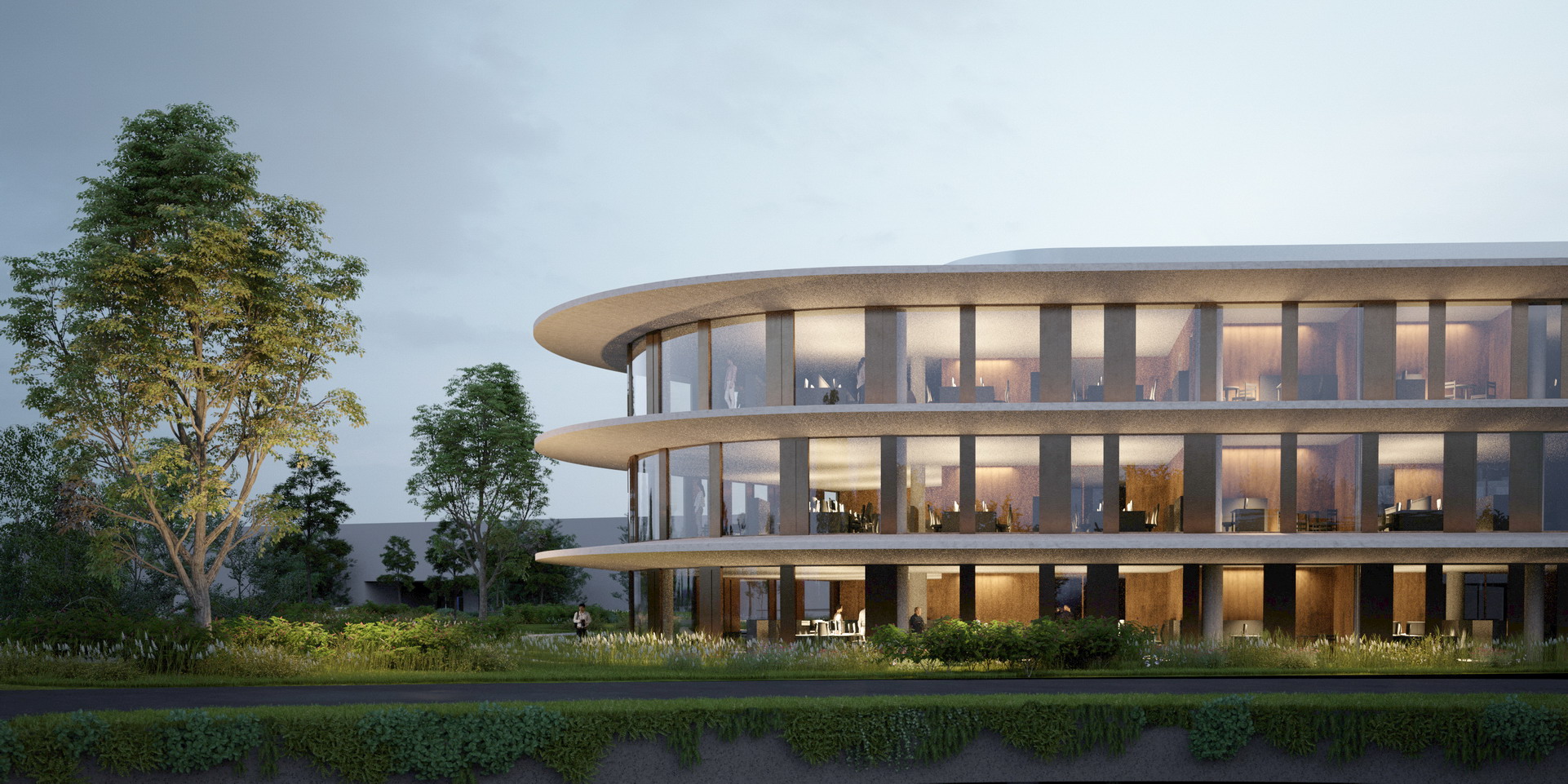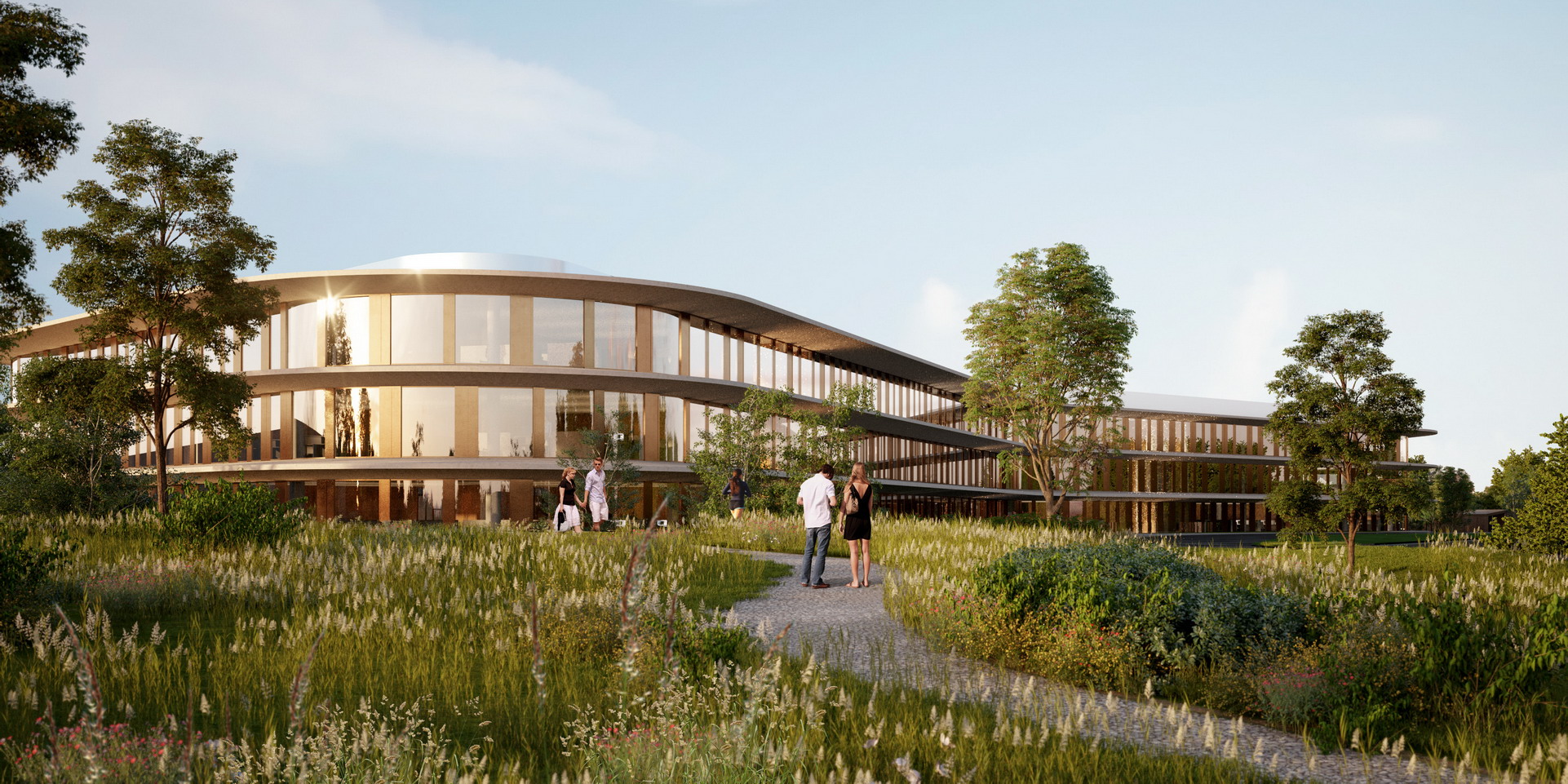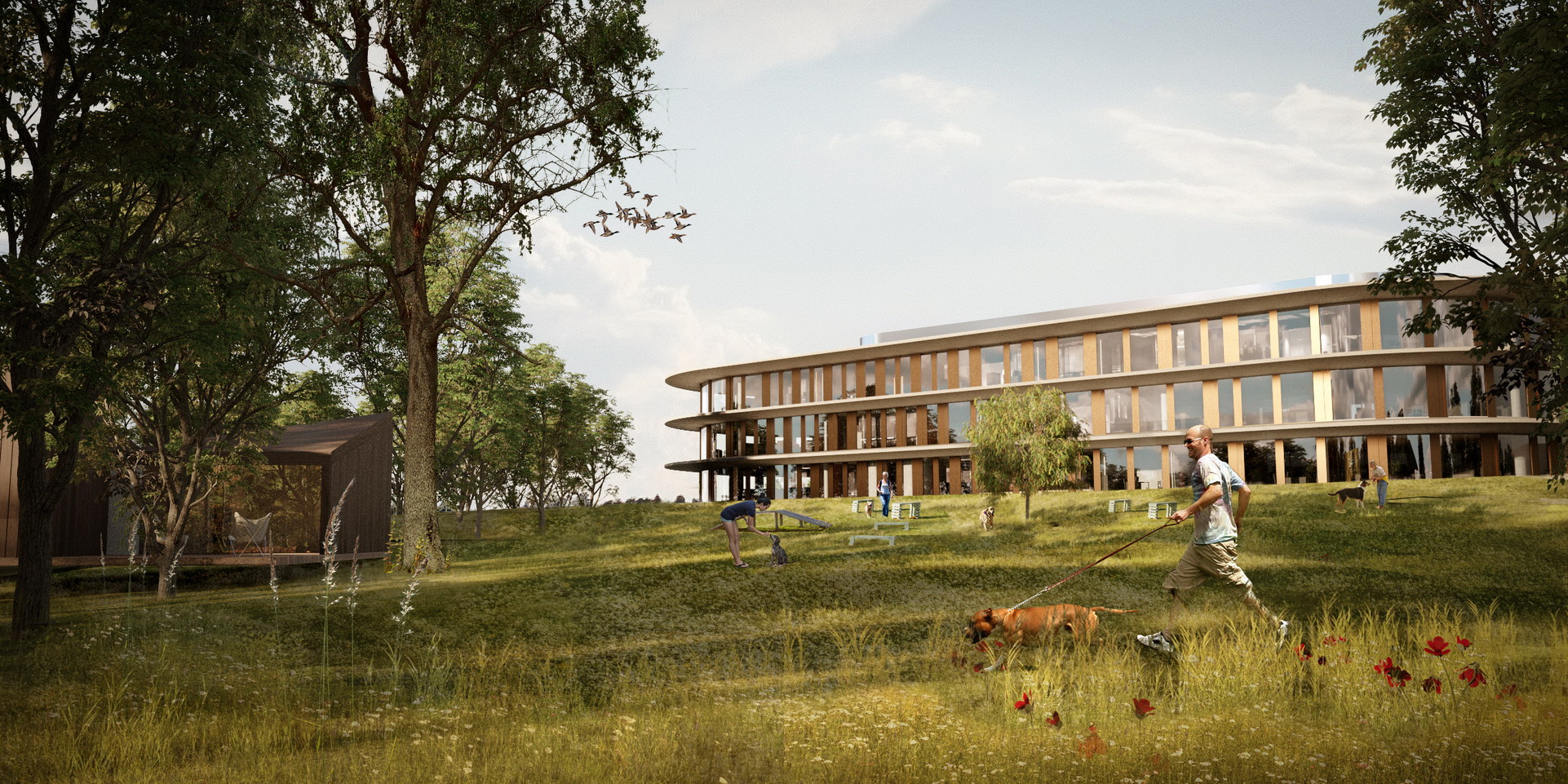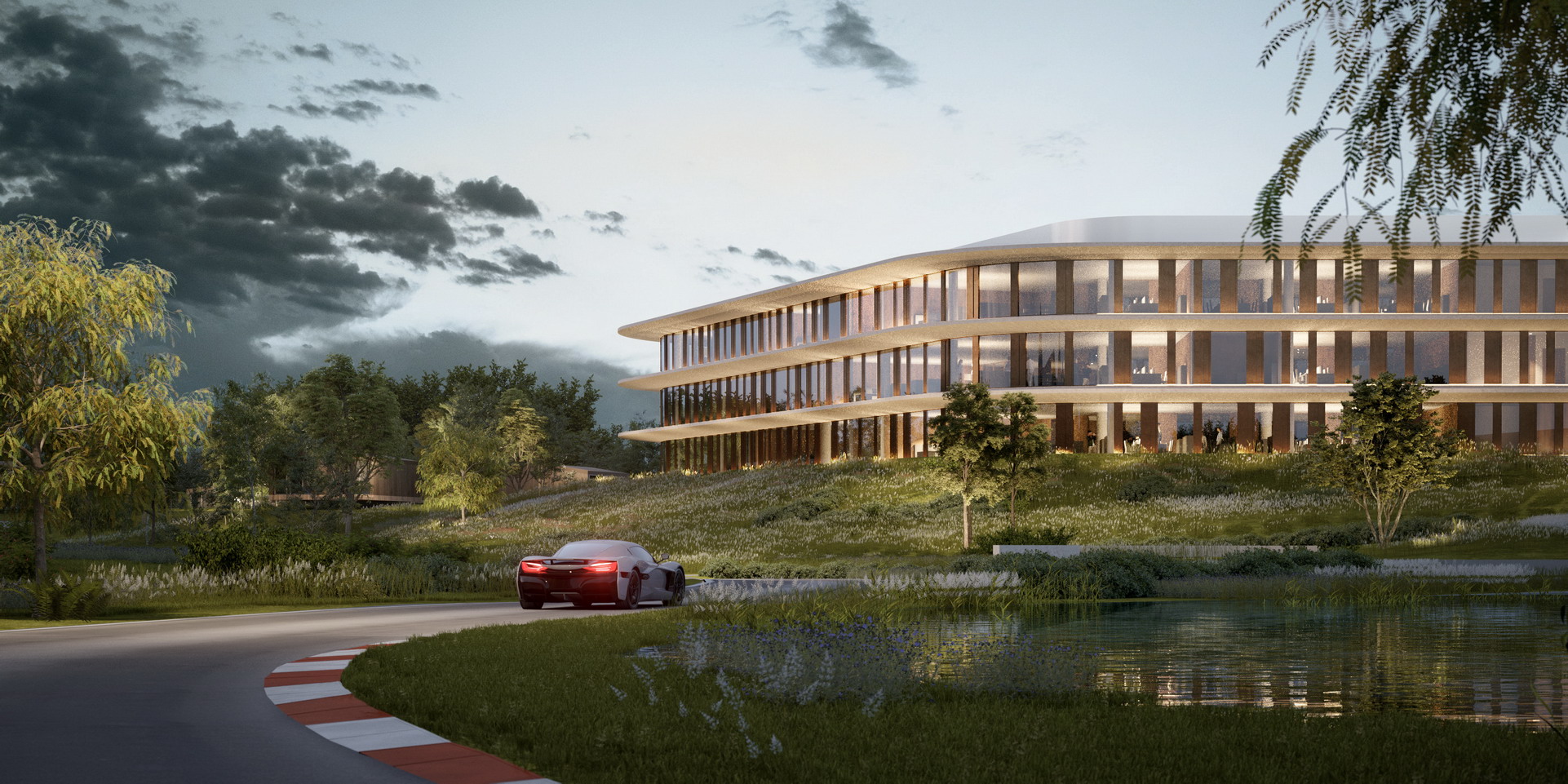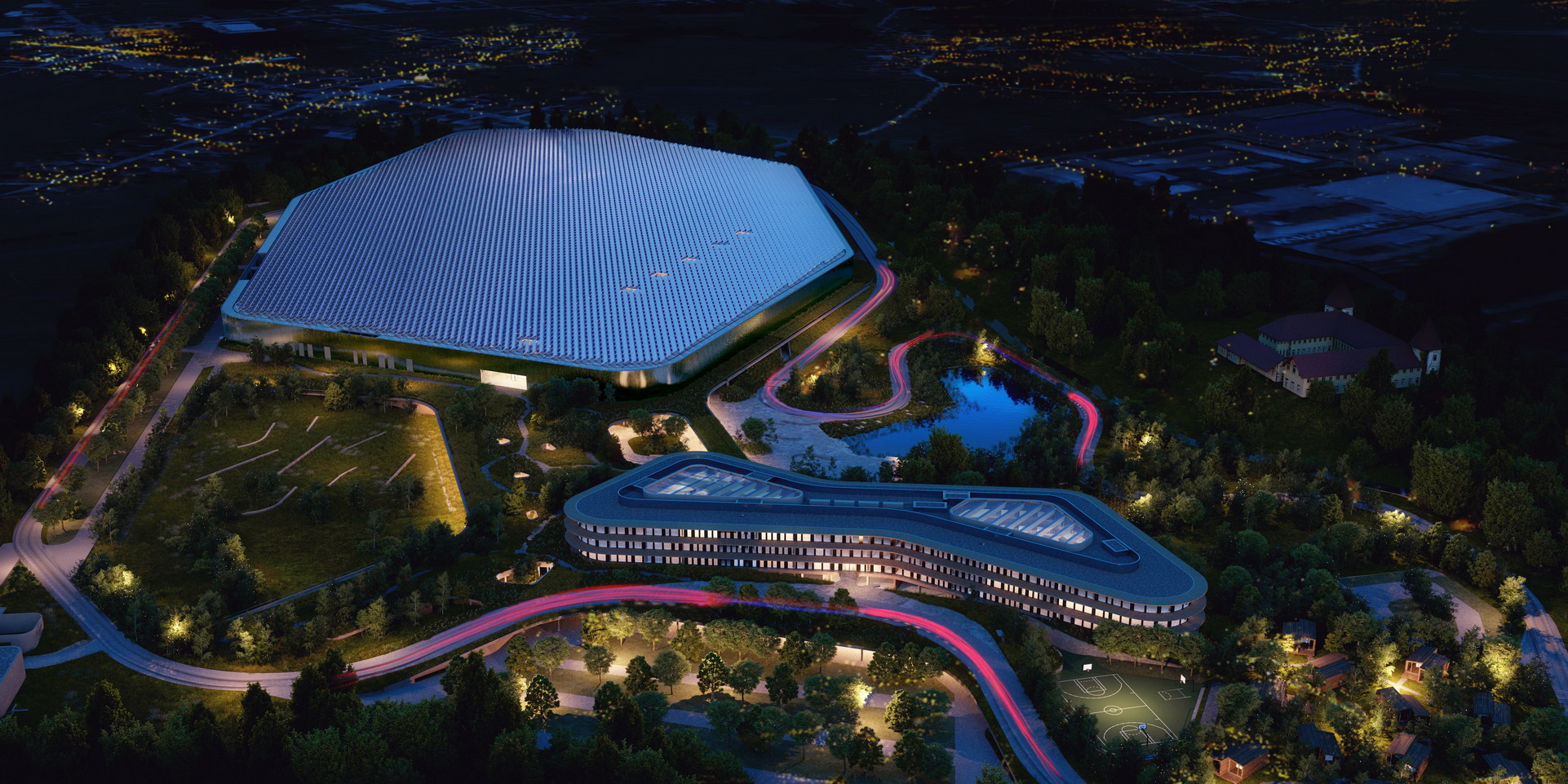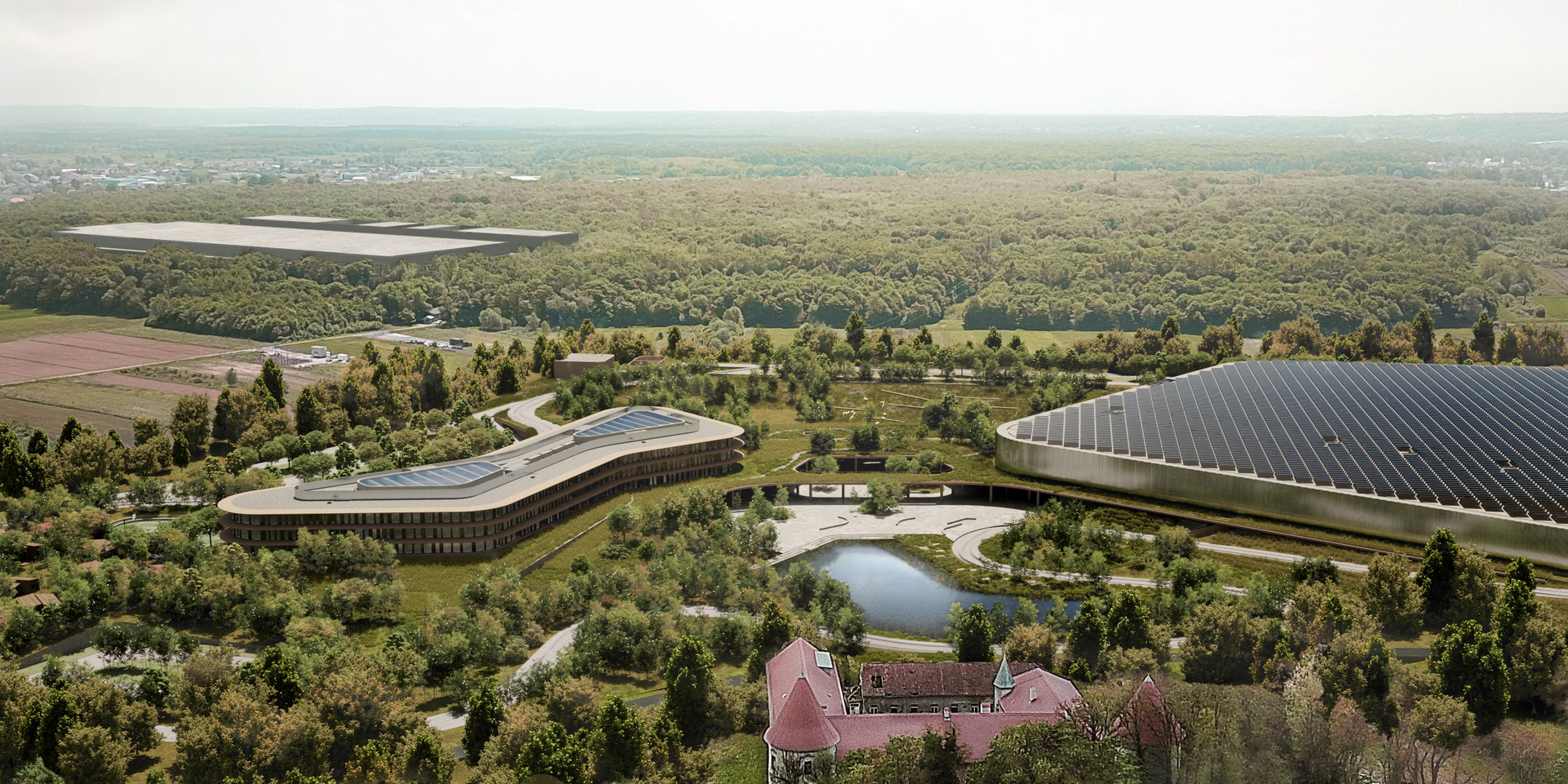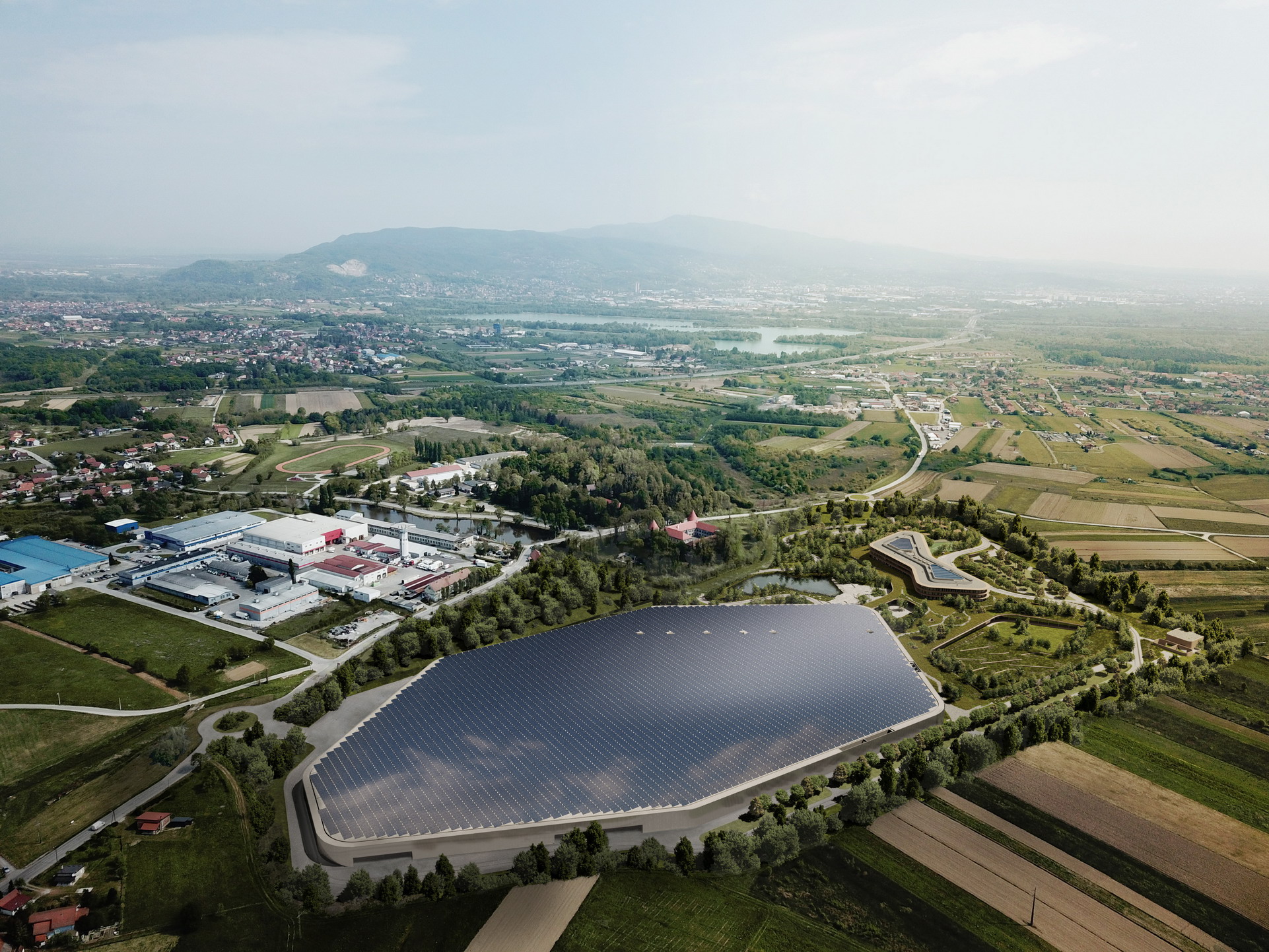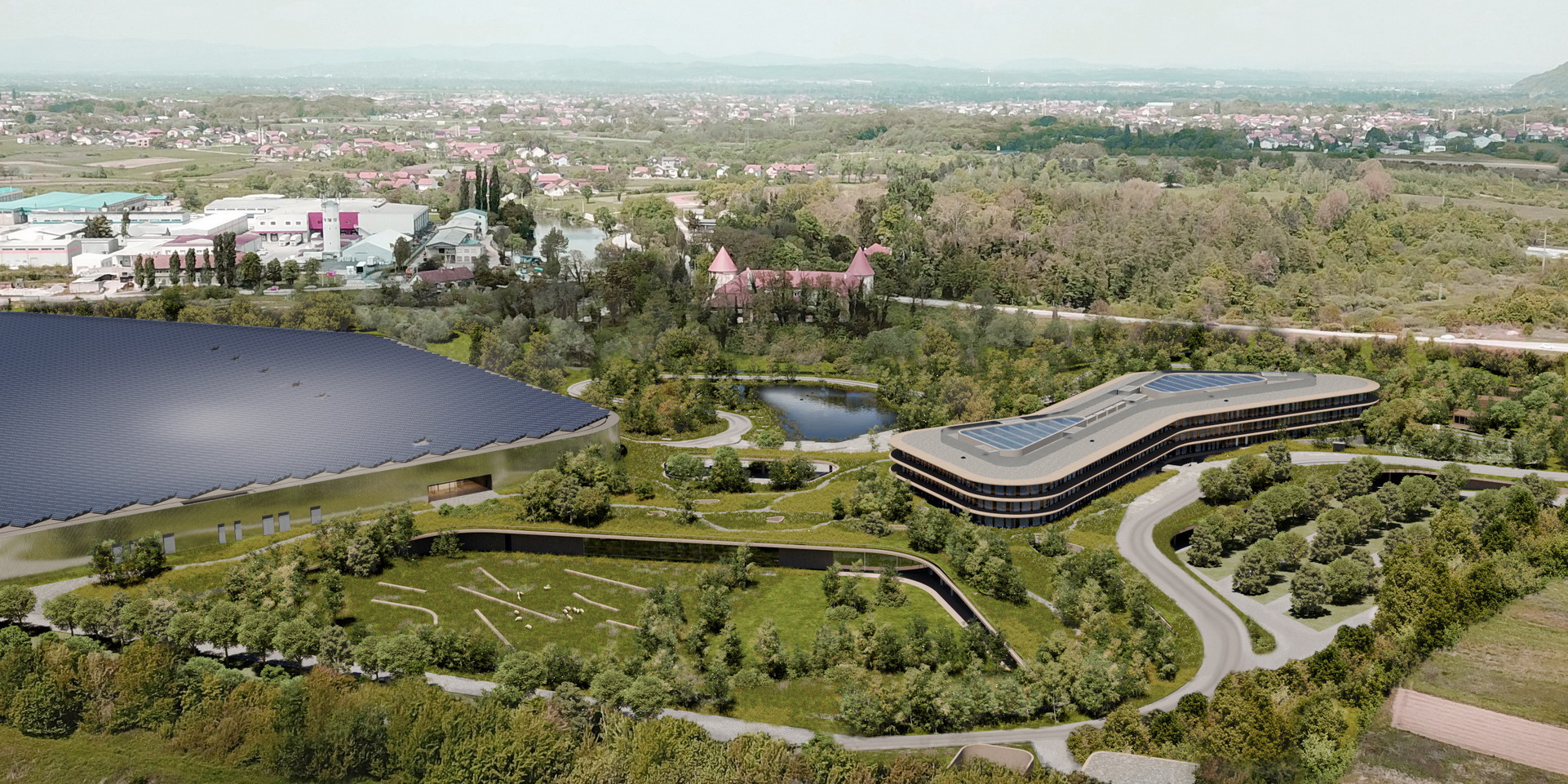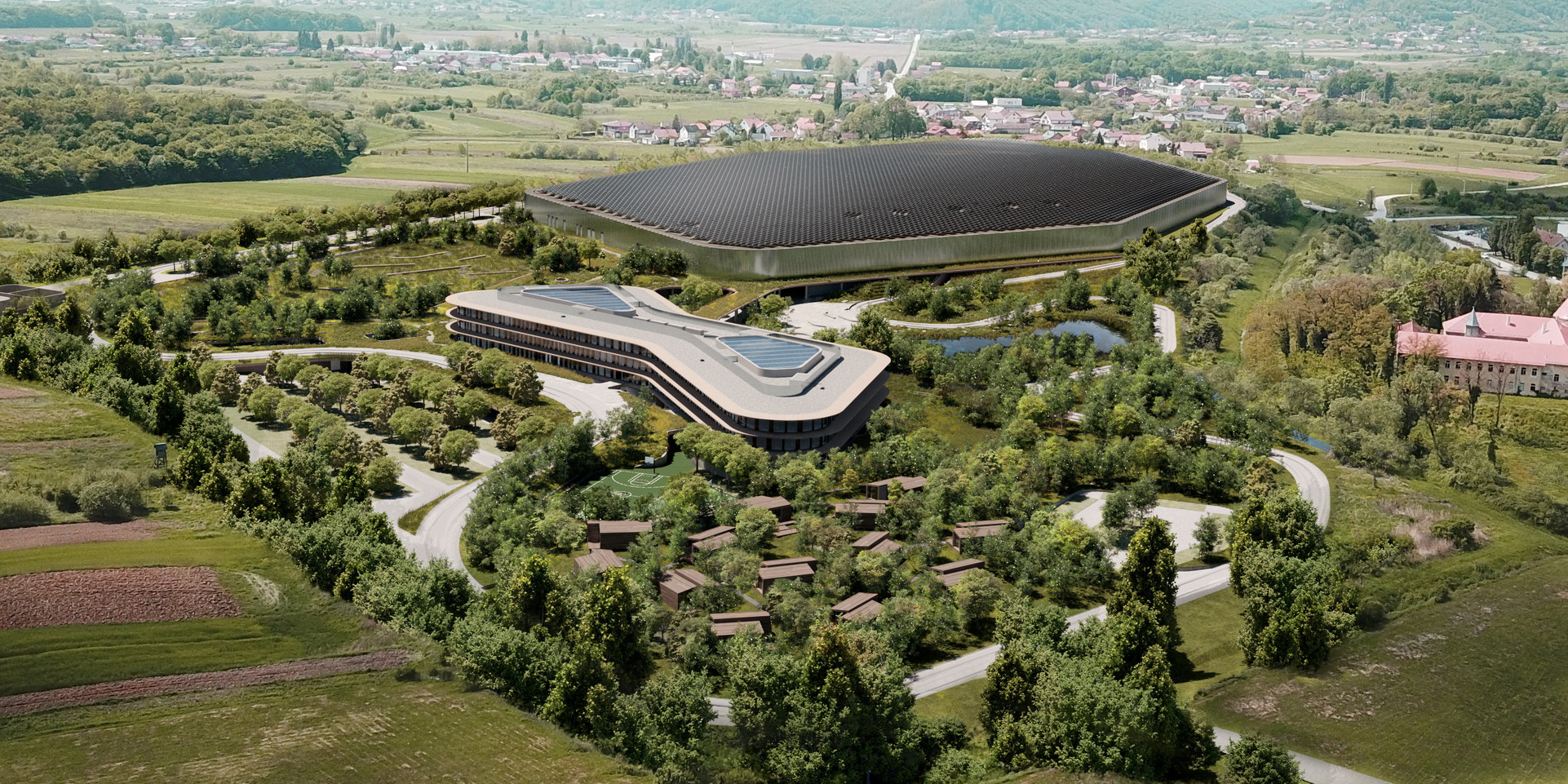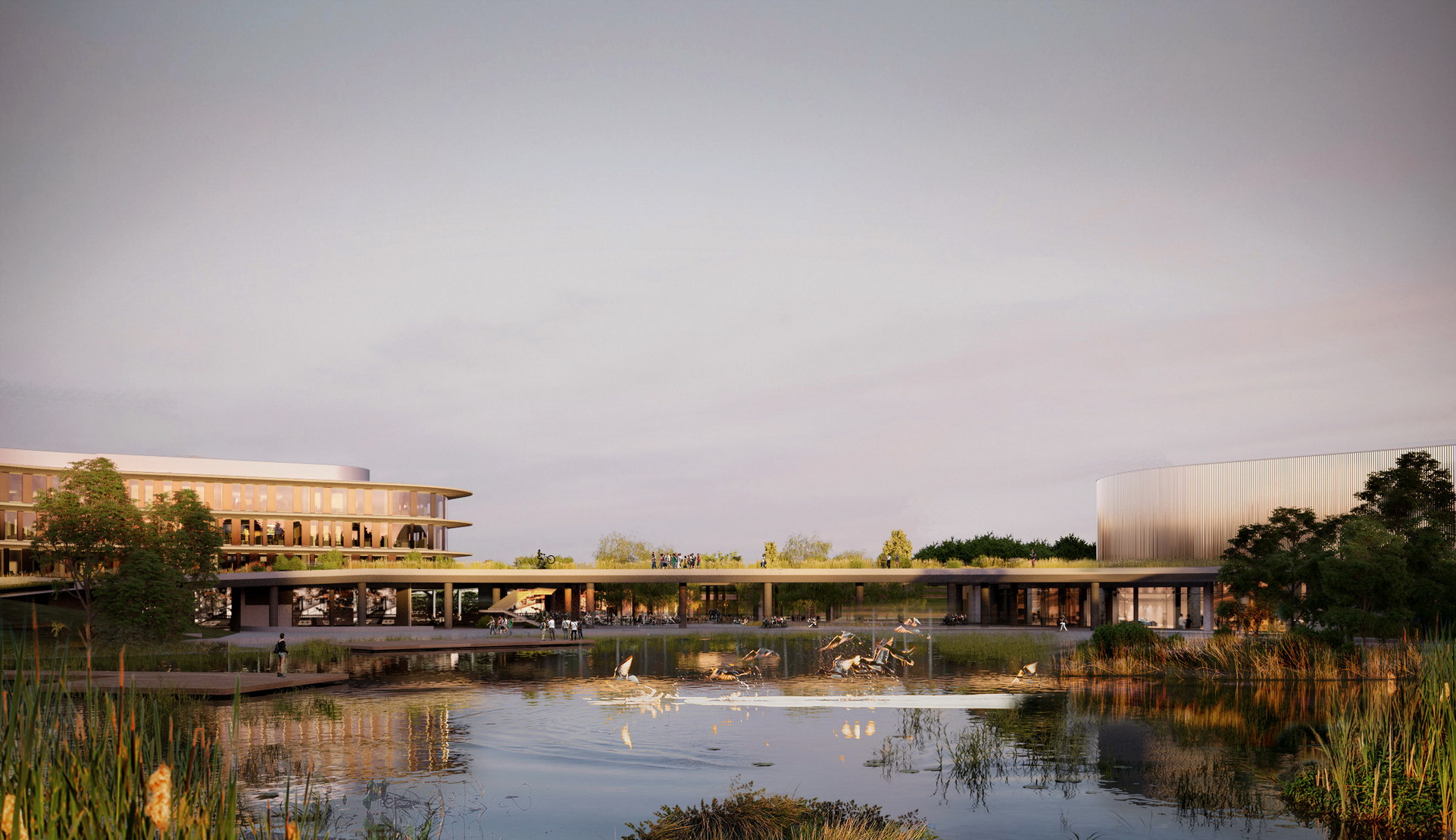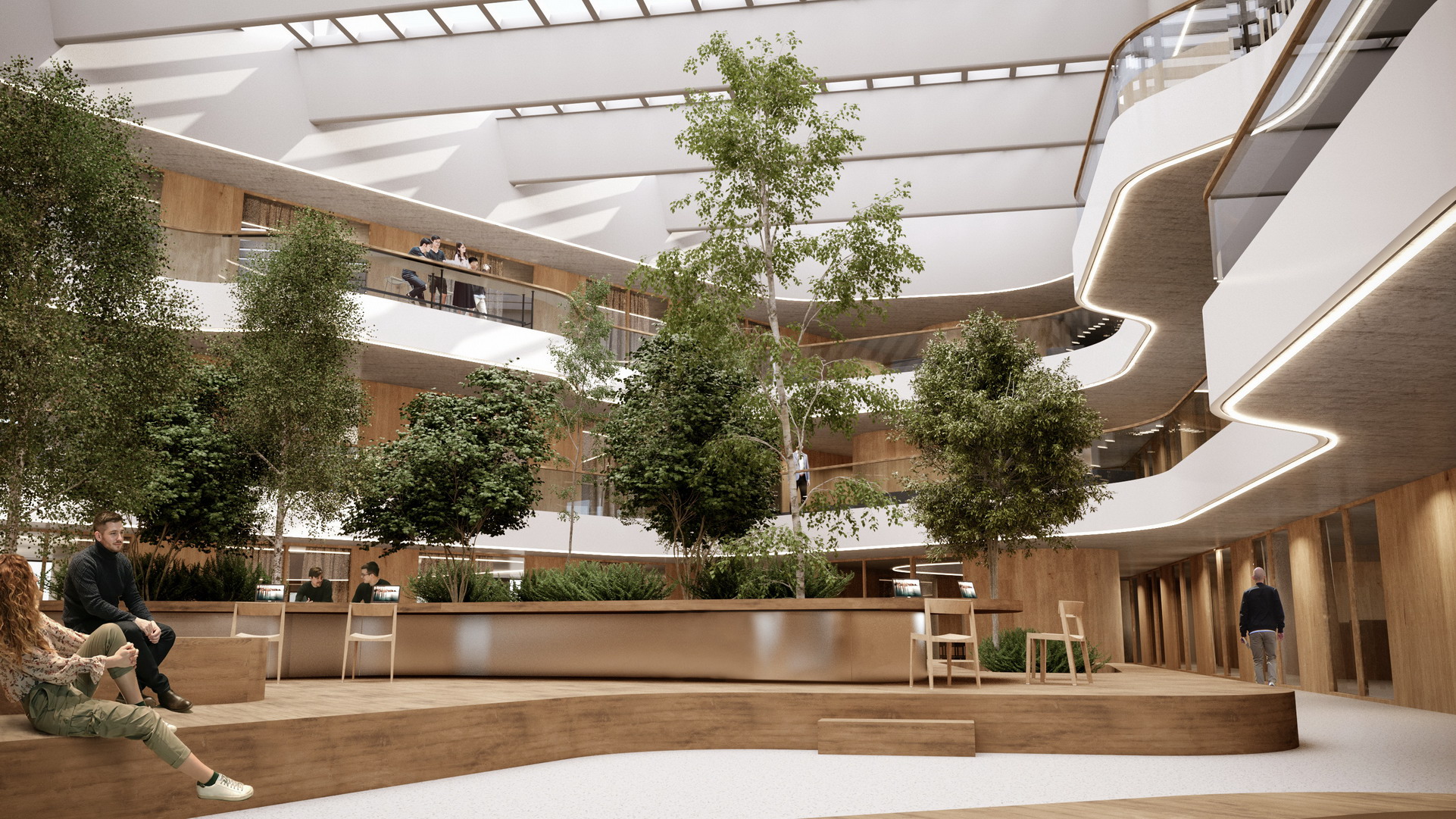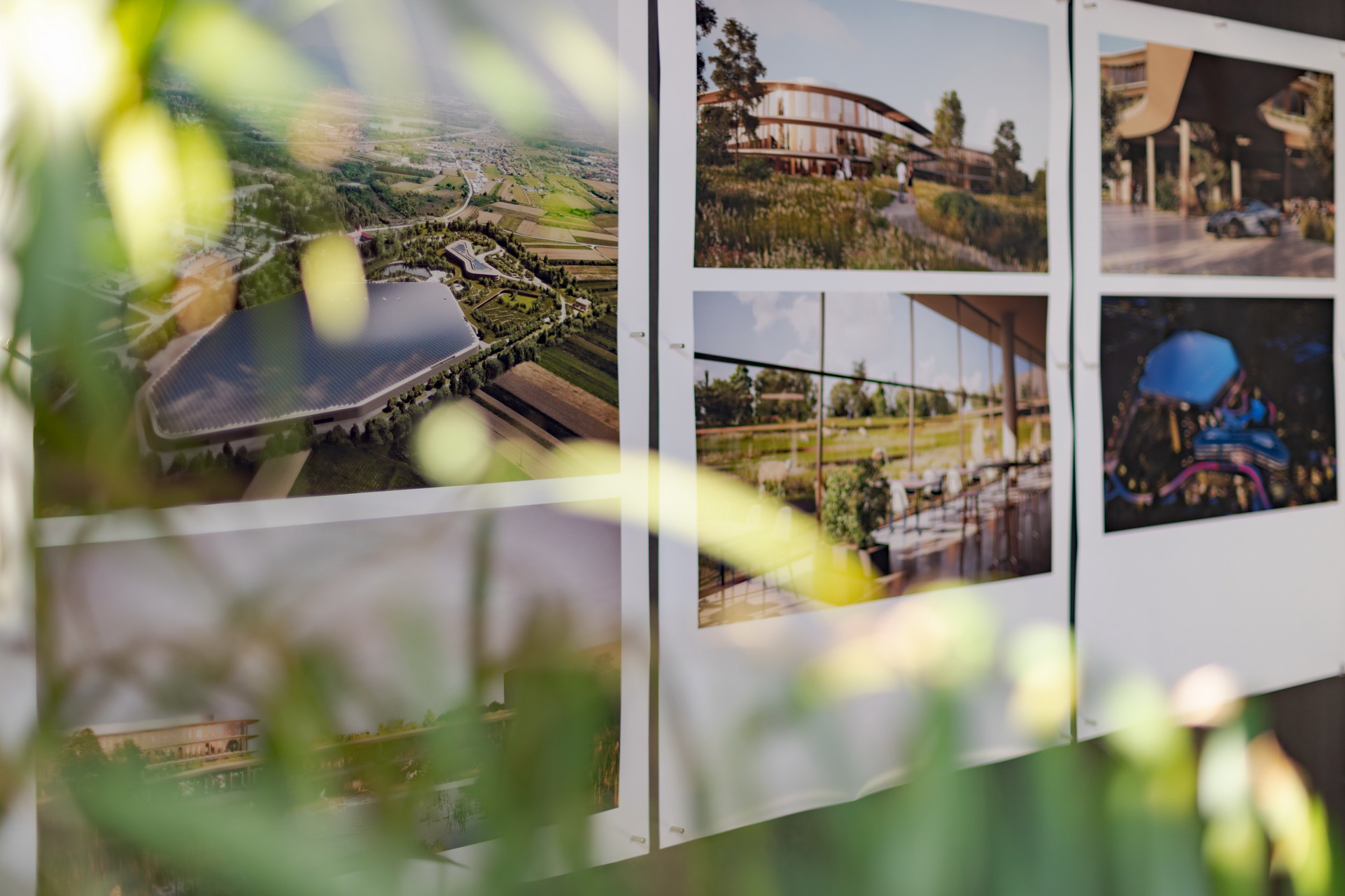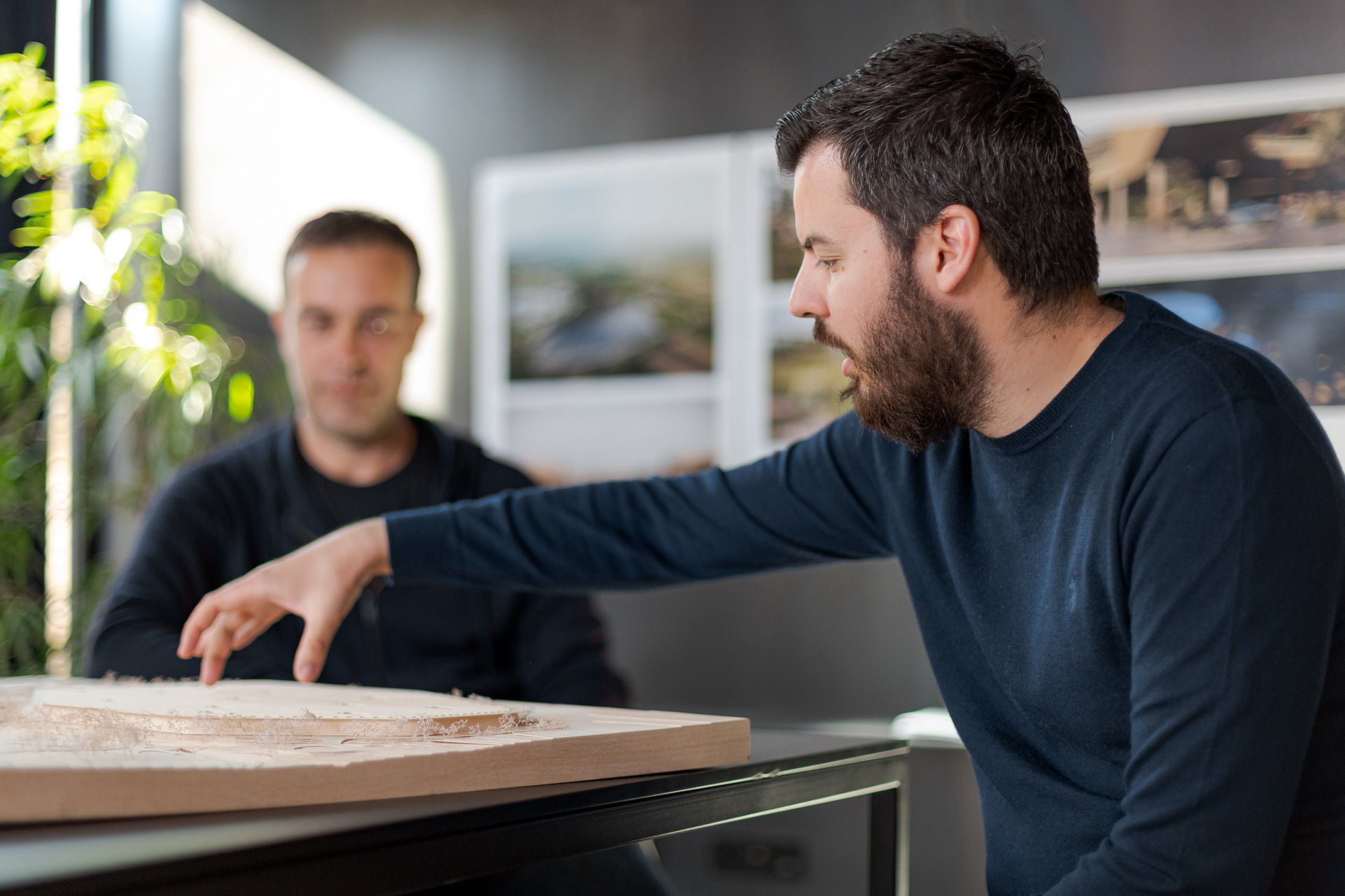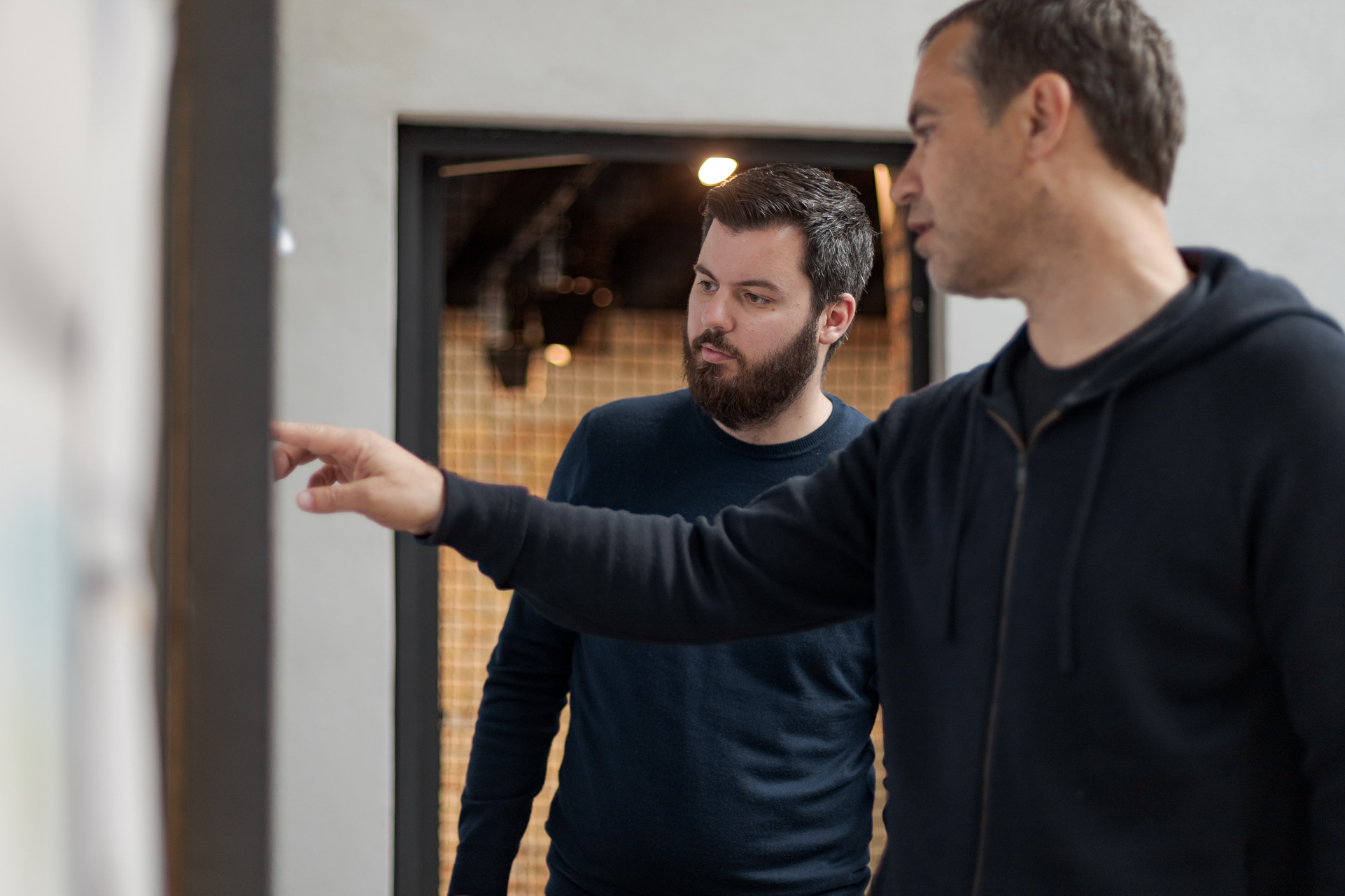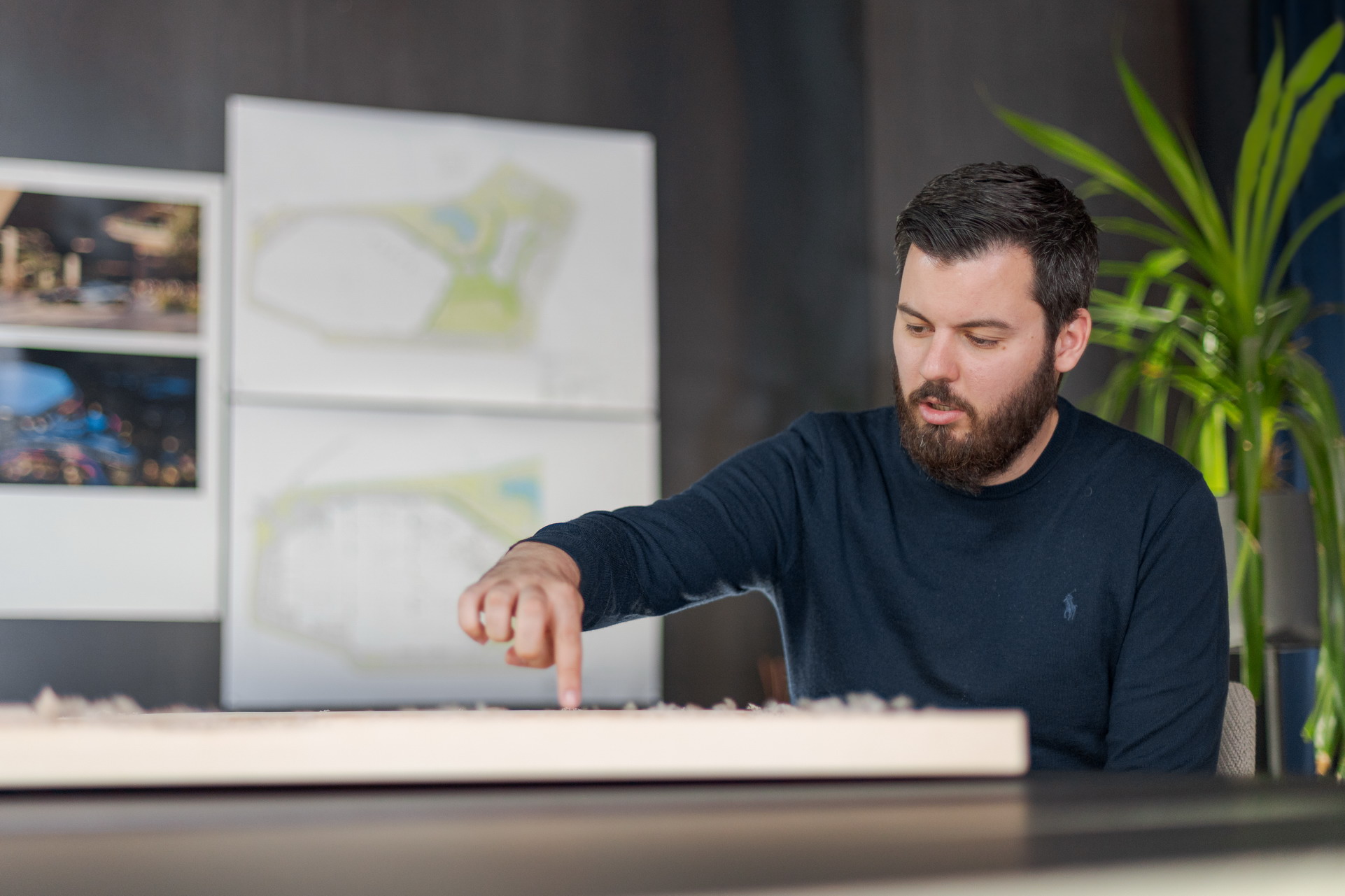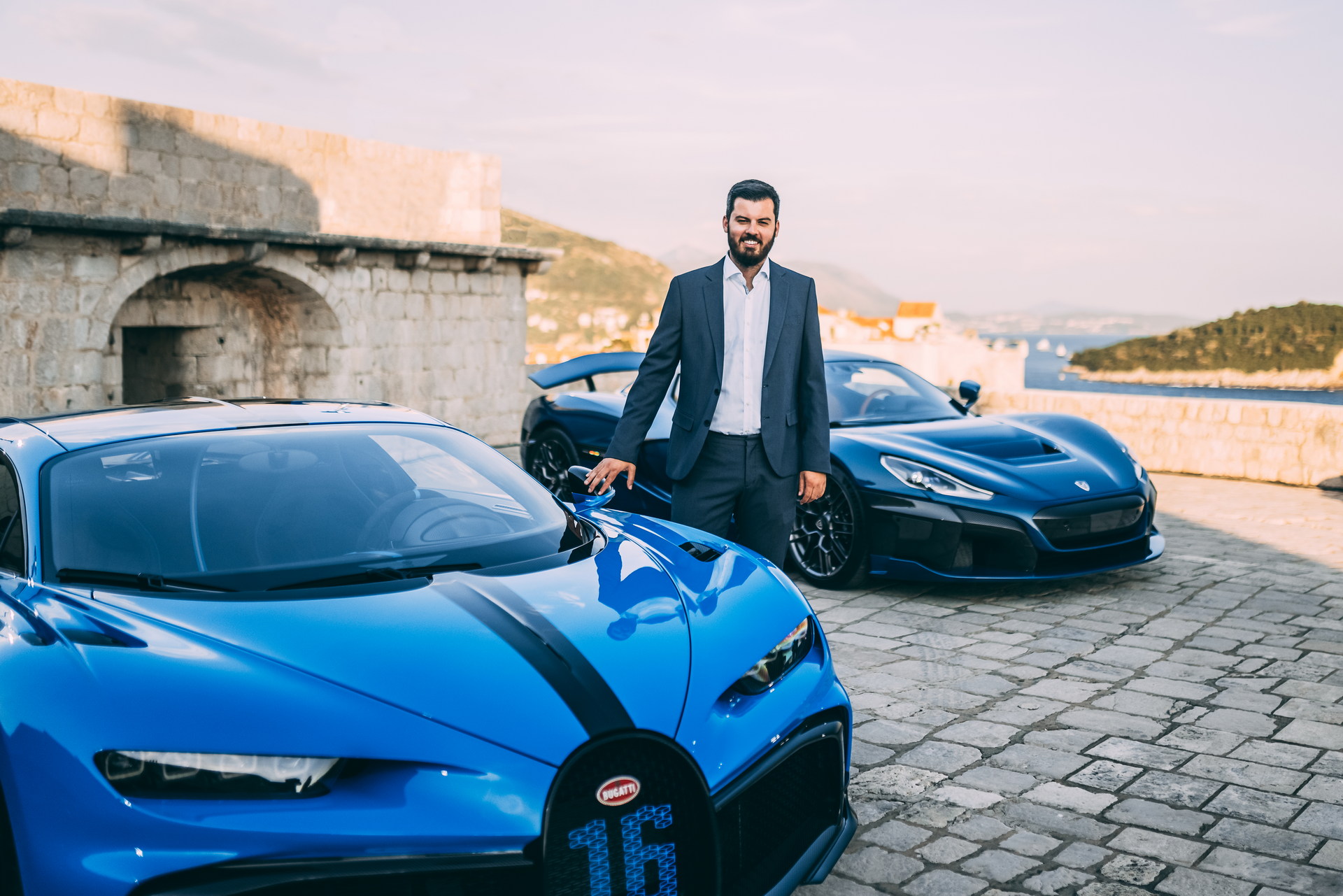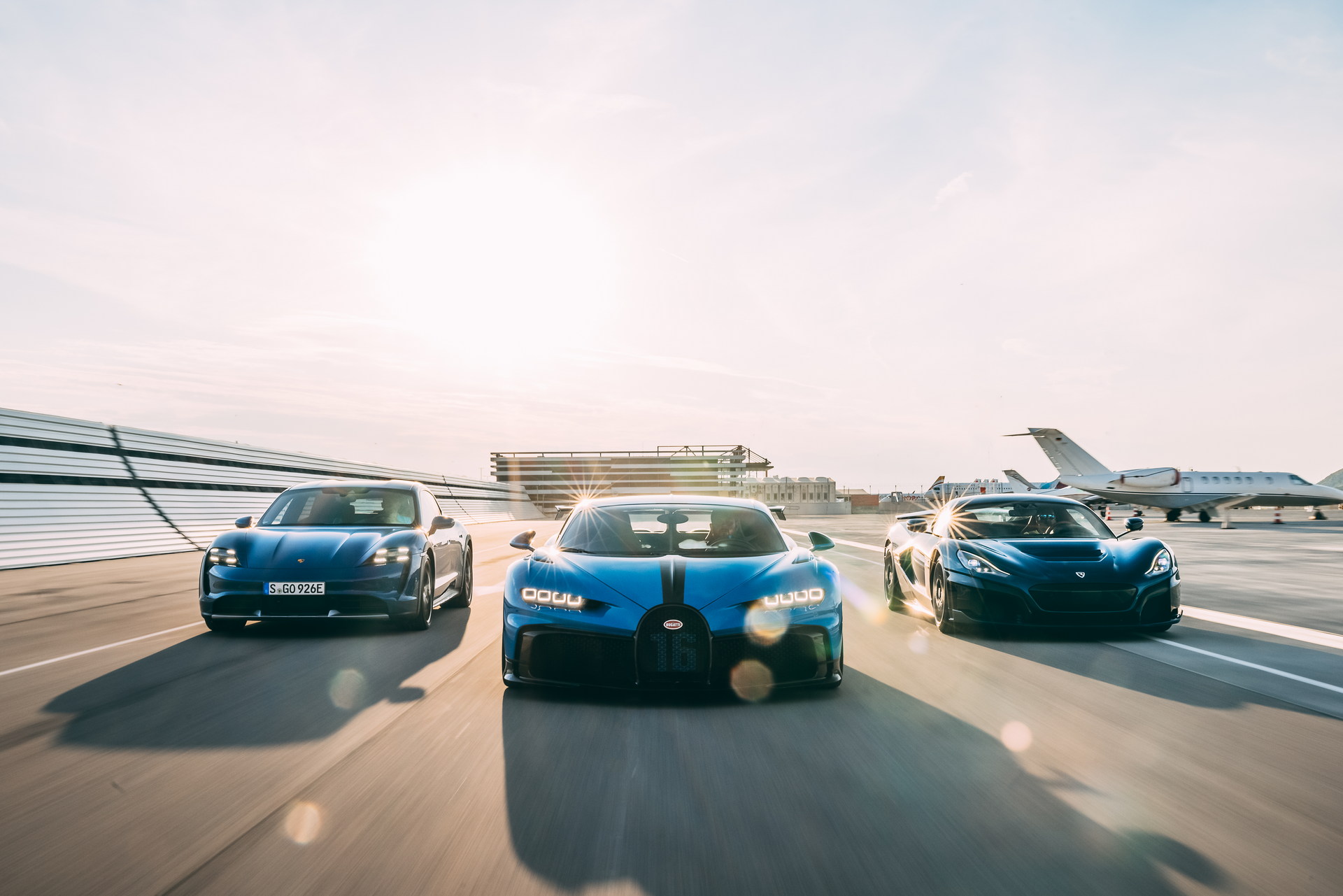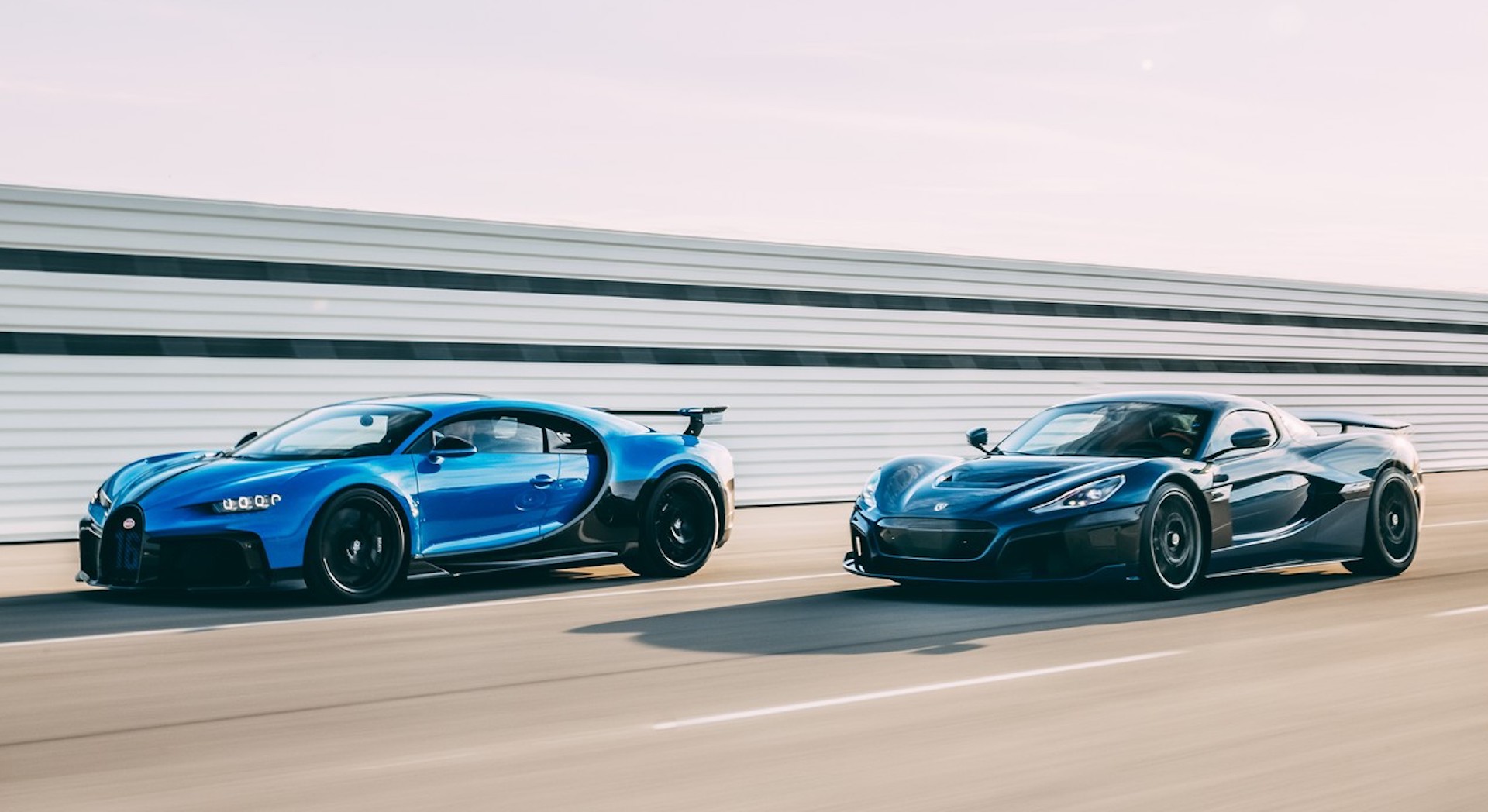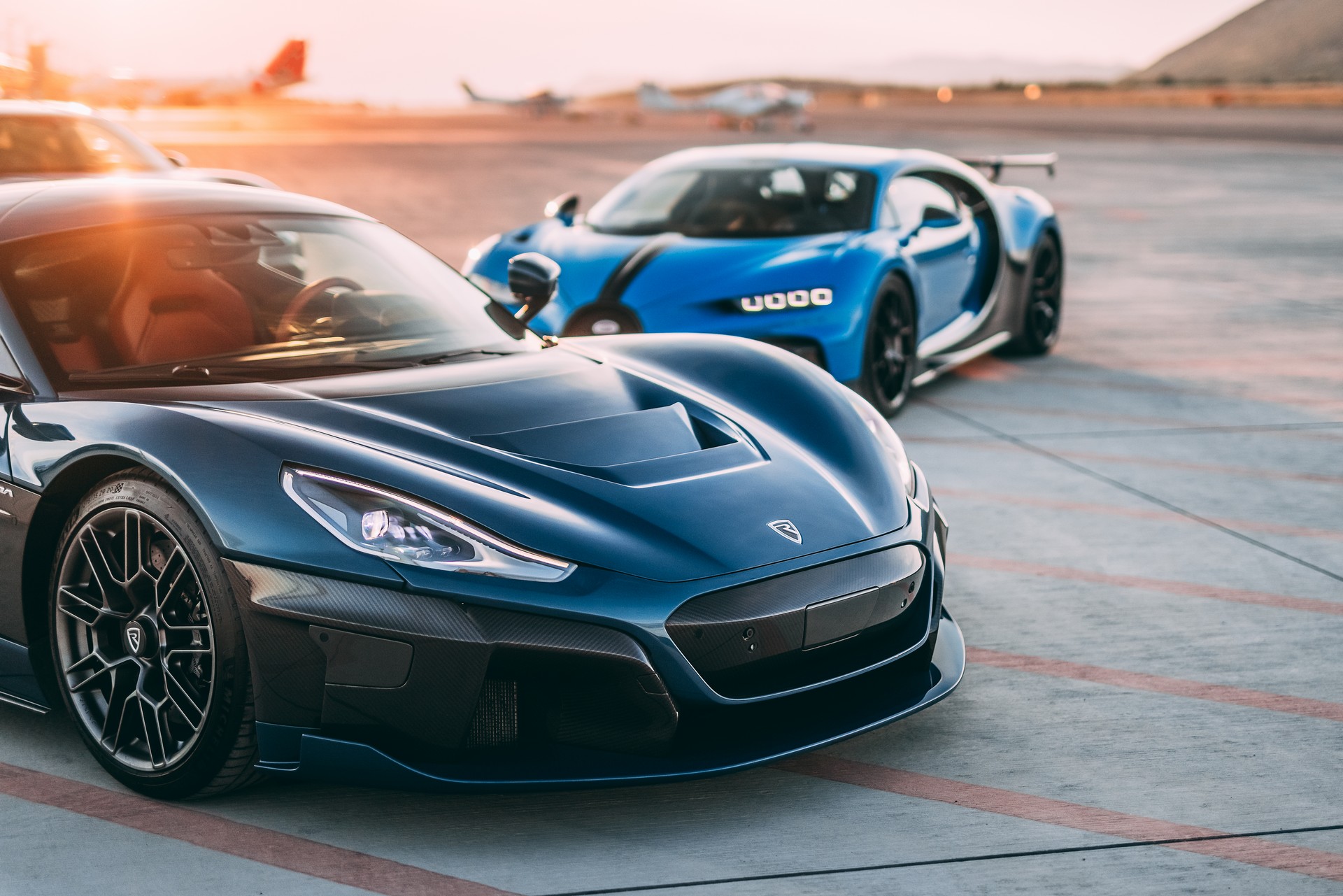The Rimac Group announced that their engineering division under the name Rimac Technology is officially now a standalone company that plans to develop EV technology for both Rimac and other manufacturers. Rimac Group currently owns 55 percent of the Bugatti Rimac joint venture, as well as 100 percent of Rimac Technology.
Rimac is widely known for developing electric supercars like the Nevera, however, a very important part of its business is the collaborations with several major automakers. Clients include Porsche, Hyundai, Kia, Automobili Pininfarina, Koenigsegg, Aston Martin, plus many other projects that haven’t been disclosed to date. From now on, this role is fulfilled by Rimac Technology which is described as a sister company to the former Rimac Automobili.
Watch Also: Rimac Nevera Prototype Has Some Off-Road Fun Before Getting Destroyed For Crash Testing
Following the path set by the CEO of Rimac Group, Mate Rimac, Rimac Technology will “continue and expand its activities in the engineering, development, production, and supply of high-performance battery systems, electric drive units, electronic systems, and user interface components”.
Today, Rimac Technology has 1,000 personnel and is based on the outskirts of Zagreb, Croatia. However, from 2023, the company will move into Rimac Group’s 200,000-square-meter campus that will be able to accommodate over 2,500 people. The premises will host all different aspects of the Rimac Group, including the Nevera production and manufacturing facilities for all other components. Rimac Technology will be “ramping up” its production capacity to “tens of thousands high-performance systems per year” by 2024, and to “hundreds of thousands” in the future. Products will be ranging from hybrid batteries to a full rolling chassis – like in the case of the Pininfarina Batista.
Read Also: Rimac Starts Construction Of Global HQ Campus Near Zagreb, Croatia
Despite the new and complicated entity structure, Rimac Technology puts emphasis on its independence, stating that it is “free from any oversight by any other manufacturer, including investors into the Rimac Group business”, obviously referring to Porsche and the Hyundai-Kia Group. This is an important reassurance for automotive clients who want their projects to remain strictly confidential, especially from their competitors.
Matte Rimac described the Nevera as “a showcase of what Rimac Technology can do free from the costs or volume restraints of a large-scale manufacturer”. He also added that “separating the technology business into its own entity is a natural step as the focus of the two markets, hypercars, and components, are completely different”. Finally, he stated that the Rimac Group will be “using our own hypercars as testbeds for new technology before we offer it to other OEMs.”





